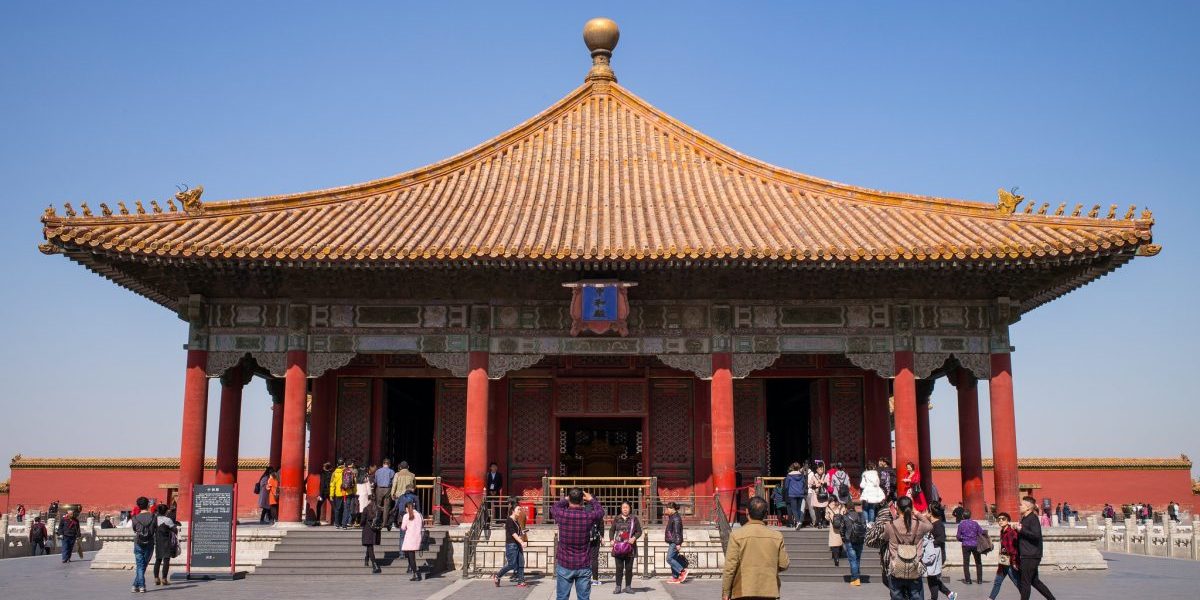But China’s relations with Africa have stirred a polarised debate from Cape to Cairo. China is either the next big thing, usually in the view of business and some governments. Or it is the red peril, the new coloniser. These debates should be placed in context, underpinned by the reality of China’s inevitable rise as a global superpower and its broader strategy of relations with the developing world. China has emerged from the developing south.
It is the first country from the so-called marginalized developing fold to occupy centre-stage in the global political economy. In terms of political ideology and approaches to socio-economic development, China is closely aligned to countries of the south. This has, for many years, shaped China’s relations with countries in Africa and elsewhere and created a somewhat idealistic impression of the distant partner or big brother in the east that is still evident on the continent today.
Many Africans still believe that relations with China are of an altruistic nature. They tend to forget the hardnosed commercial reality that now determines international relations – and relations with China in particular. They are seemingly unaware of the fact that China’s relations with Africa are merely part of a broader strategy of engagement with the developing world, focused on the search for natural resources. Reliable access to resources is essential for ongoing growth and development and is at the core of China’s national interests. In this respect, China and Africa are ideal partners.
Africa is a treasure trove of metals and minerals and has huge agricultural potential. In 2004 China became the worlds second largest oil consumer (after the US) and over 25% of its oil is currently imported from Africa. It is estimated that by 2025 China could account for up to 40% of the world’s metal consumption. But China’s relations with Africa have been criticised for a number of reasons. Firstly, trade imbalances are increasingly in China’s favour and large-scale dumping of cheap manufactured products are undercutting local industries. Nowhere is this more evident than in South Africa.
In 2004 trade between South Africa and China totalled $5.7 billion. South Africa ran a deficit of $2.5 billion and only about 5% of South African exports to China were from the manufacturing industry. The South African clothing and textile sector has lost more than 100 000 jobs since 1995 due largely to the influx of cheaper products from China. Trade with China has, if anything, worsened unemployment and poverty in South Africa, which are two of the most concerning socio-economic challenges facing the country today. Secondly, the slow trickle of long-term fixed investments from China indicates a lack of commitment in Africa. Chinese investments in Africa totalled $1.2 billion in 2004. Roughly $200 million of this went to South Africa. In the same year South Africa invested more than $300 million in China. Considering the trade imbalances and size differentials one would expect Chinese investments in South Africa to far exceed South African investments there.
Finally, the nature of Chinese activities on the continent, which lack transparency and are often accused of undermining the principles of good governance and human rights, is a source of controversy both on the continent and abroad. The use of Chinese labour on many of the African-based contracts is also a point of contention. Soft loans and ongoing support for some of the more unsavoury regimes in Africa – notably Sudan and Zimbabwe – have tainted China’s reputation on the continent. China’s so-called ‘respect for sovereignty’ carries little resonance among human rights groups and in the multilateral arena.
As in Africa, cheap Chinese goods have undercut local industries from Mexico to Argentina. But governments have learnt from their initial approach toward China and are now insisting on more inclusive investment contracts that will encourage localised development and a clear commitment to provide easy market access in China to ensure ongoing export growth beyond just commodities. China needs Africa. Apart from Latin America, Africa is probably the richest diversified source of metals, minerals, fuel and agricultural produce in the world. It is therefore an essential source of supply for China’s growth and development.
China is also seeking greater international recognition and leverage in multilateral organisations. Africa is able to provide such support and assist China in improving its ‘soft power’ of influence and acceptance worldwide. China-Africa relations are first and foremost commercial in nature. But China’s pursuit of business interests in Africa should not disregard the principles associated with political good governance. This is, after all, a foundation of the investment environment in which Chinese interests must operate and continue to access a reliable supply of natural resources. Concessions that allow Chinese labour in Africa to secure much-needed investments should be avoided. Instead, investments from China should be linked to skills development, education and infrastructure projects across the continent. This should not be foreign to Chinese investors as their country makes similar demands of foreign investors.
Furthermore, a concerted effort should be made to establish greater reciprocity between China and Africa. This will require an improved trade balance and substantial investment in not only the resource extraction industries but also labour intensive industries across Africa.
Finally, Africa can learn from China’s process of economic development and liberalisation, which has turned it into an investment magnet and one of the most competitive markets in the world. An improved investment climate in Africa will guarantee a reliable supply of resources and unlock vast potential in the labour market.






